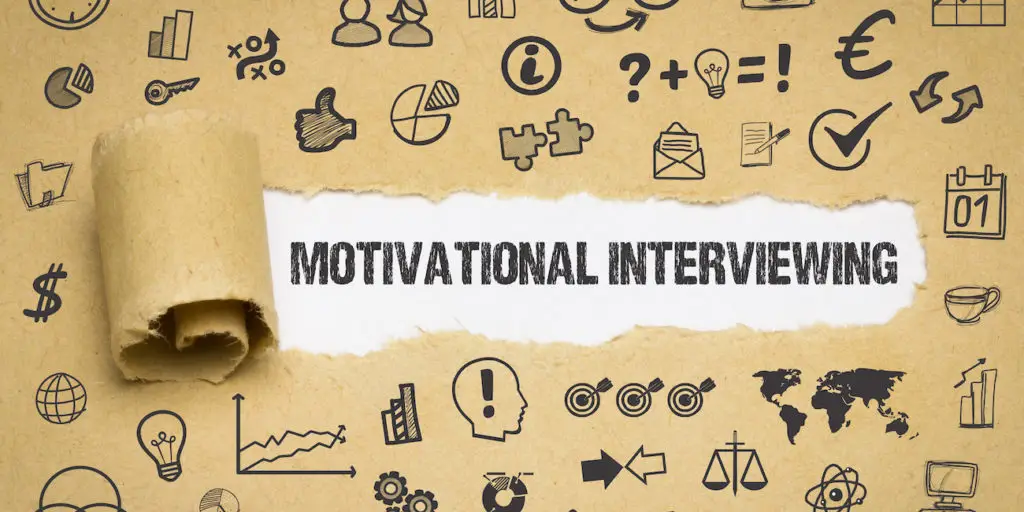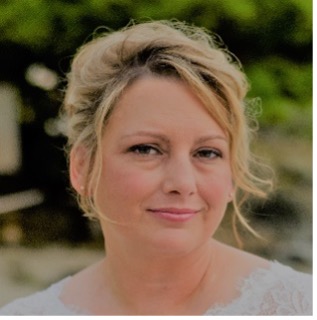Motivational interviewing is a highly powerful skill every nurse should master…. especially nurse coaches.
Have you ever experienced a client that displays ambivalence by acknowledging they need to change for better health but gives reasons why they can’t? …. or perhaps they are resistant to change for some unknown reason such as fear of failure, anxiety, or low self-worth. This is where having mastered the skill of motivational interviewing can be very helpful in supporting the client’s reasons for change by surfacing their own inner wisdom.
So, what is Motivational Interviewing (MI) anyways?
As described by Miller and Rollnick (2012), “MI is a collaborative, goal-oriented style of communication with particular attention to the language of change. It is designed to strengthen personal motivation for and commitment to a specific goal by eliciting and exploring the person’s own reasons for change within an atmosphere of acceptance and compassion.”
As a nurse, please know that motivational interviewing was first introduced as a “tool” for counseling individuals. This methodology is guided by theoretical frameworks and has been adopted in the practice of nurse coaching. The nurse coach utilizes the MI as a guide to help a client explore the possibility of change in health behaviors.
Read on to understand more about the foundation of motivational interviewing. You can also learn more about the practice of MI in Nurse Coaching through the Integrative Nurse Coaching Academy.
OARS, The four guiding principles of Motivational Interviewing
The foundation of MI is made up of four core skills referred to as OARS (Miller, W. R., & Rollnick, S. 2013). These skills include Open-ended questioning, Affirmation, Reflection, and Summarizing. Nurses can use these skills in practically every area of healthcare and other outside connections.
-
Open-ended questions: These questions start out with dialogue like….” Tell me about”, “When was the last time”, or “Can you describe”. Asking these types of questions gives the client the opportunity to tell their story, which in turn provides the Nurse Coach valuable information to get curious about. This skill demonstrates genuine interest in the client’s struggle and thus helps develop trust and acceptance.
-
Affirmation: Giving positive affirmation of efforts, historical successes, and strengths build the client’s confidence in their ability to change. As the nurse coach skillfully listens to the client’s story, the positive affirmations will present themselves.
-
Reflection: This is one way a nurse coach expresses empathy. Through authentic listening (genuinely caring, curious, and focused on the client’s agenda…. not your own), the nurse coach can understand what the client is trying to communicate. She/he can repeat statements back to the client or rephrase the statements. This helps the client feel they are genuinely heard, accepted, and feel comfort in talking with the nurse.
-
Summarizing: This reinforces the key points made by the client and provides a shared understanding. It is a useful way to ensure both the client and coach are on the same page and the client can correct any misunderstandings at that time. Summarizing is also a way shift the conversation or continue to move forward.
Motivational interviewing is much more complex than its guiding principles (OARS). This communication technique requires the nurse coach to utilize her/his own intuition, training, time, and practice. To understand this process more in depth, I recommend advanced training through an accredited program.
Can you imagine how one small change today can change the whole trajectory of a person’s life?
Resources:
Miller, W. R., & Rollnick, S. (2012). Motivational Interviewing: Helping people change (3rd ed.). New York: Guilford Press.
Dossey, B.M., Luck, S., & Schaub, B.G. (2015), Nurse Coaching: Integrative Approaches for Health and Wellbeing.

Lisa is an adult wellness nurse in a family practice by day and a freelance health content writer by night….and Saturday morning. She is passionate about her career because she gets to do what makes her happy, help others and write.
Lisa is still actively involved with her INCA alumni and meets monthly with her cohorts and pursuing her board certification in Nurse Coaching.
- Lisa Landishttps://inursecoach.com/author/lisa-landis/
- Lisa Landishttps://inursecoach.com/author/lisa-landis/
- Lisa Landishttps://inursecoach.com/author/lisa-landis/
- Lisa Landishttps://inursecoach.com/author/lisa-landis/






